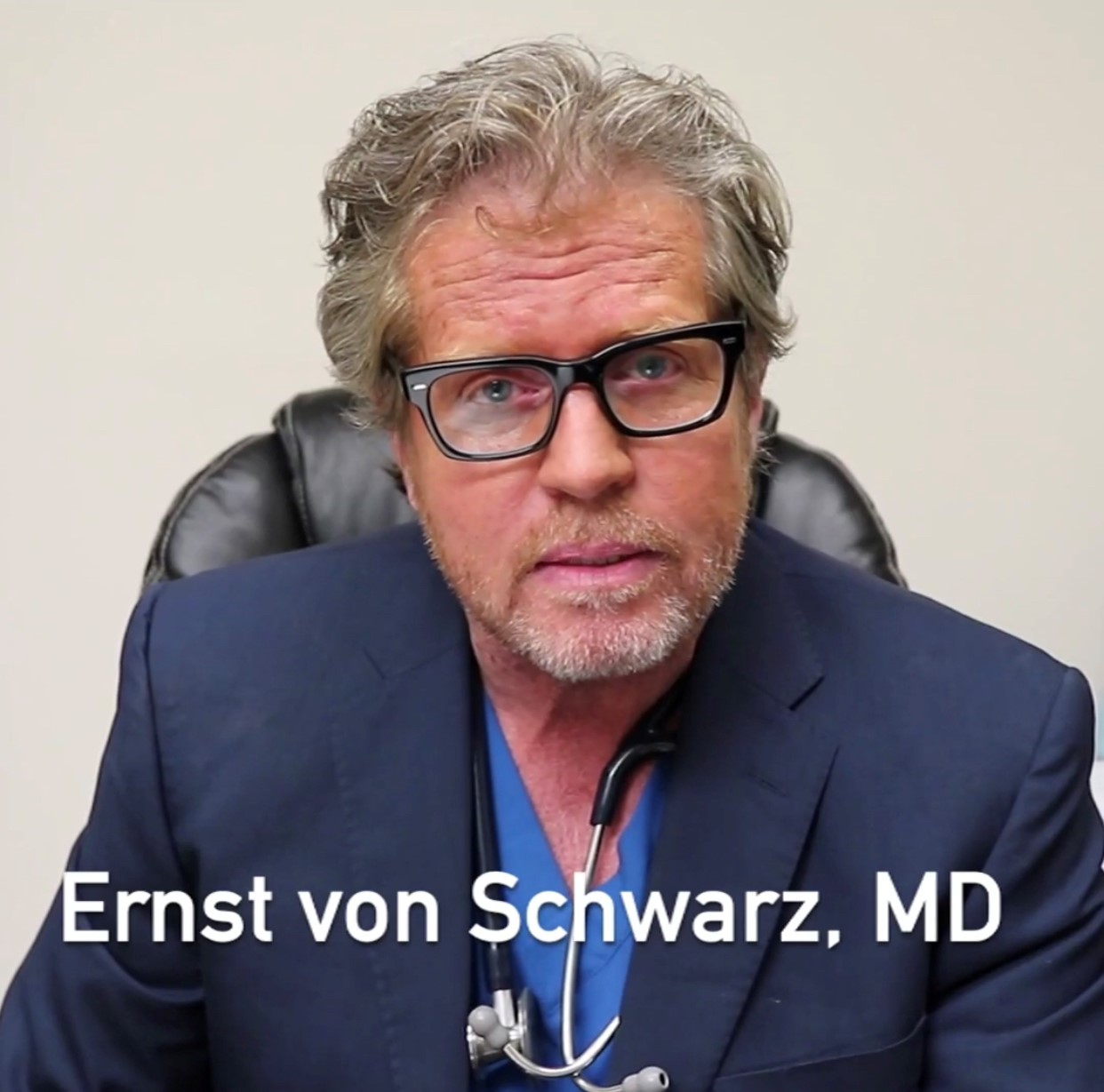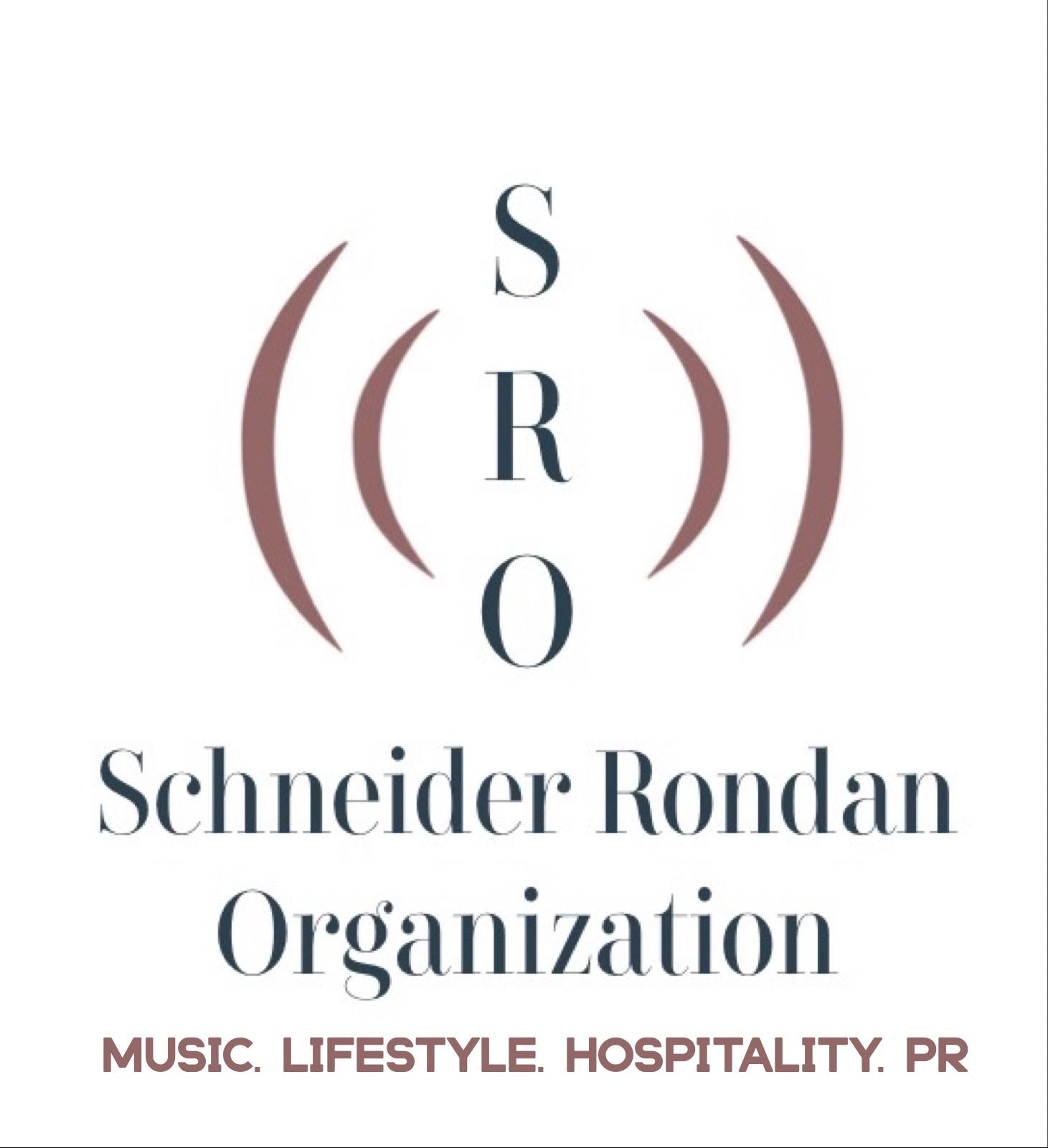PROFESSOR DR. ERNST VON SCHWARZ Offers Tips On How To Remain Healthy And Safe As The U.S. Re-Opens
|
DATE: JUNE 16, 2020
FROM: MITCH SCHNEIDER/MARCEE RONDAN
“Don’t Go Back To Normal, But Do Adapt A “New Normal”
By Professor Dr. Ernst von Schwarz
(6-16-2020)
With the majority of states re-opening in the U.S., PROFESSOR DR. ERNST VON SCHWARZ–one of the most published and recognized cardiologists in the world and director of the Southern California Hospital Heart Institute, Los Angeles, CA–is offering some tips on how to remain healthy in the new normal.
**Please feel free to print this in its entirety, or any portion of it, attributing it to Dr. von Schwarz. He is also available for interviews including TV appearances.
PROFESSOR DR. ERNST VON SCHWARZ:
It appears that the expected second wave of COVID-19 infections is already here.
As a result of the recent gatherings as well as less stringent behavioral patterns of many by not adhering to distancing recommendations, we likely will see more transmissions from healthy people who might remain completely asymptomatic.
Obviously, the virus is not going away, and we might have to deal with Coronavirus infections for a prolonged period of time.
As a healthcare provider, I have the following suggestions:
For more information on Professor Dr. Ernst von Schwarz–one of the most published and recognized cardiologists in the world and director of the Southern California Hospital Heart Institute, Los Angeles, CA, visit: https://www.drvonschwarz.com/
ASSOCIATED PRESS NEWS (5/12/20):
CBS, SAN DIEGO, NEWS 8 (Dr. von Schwarz interviewed about how hydroxychloroquine is not a proven treatment for COVID-19):

|

